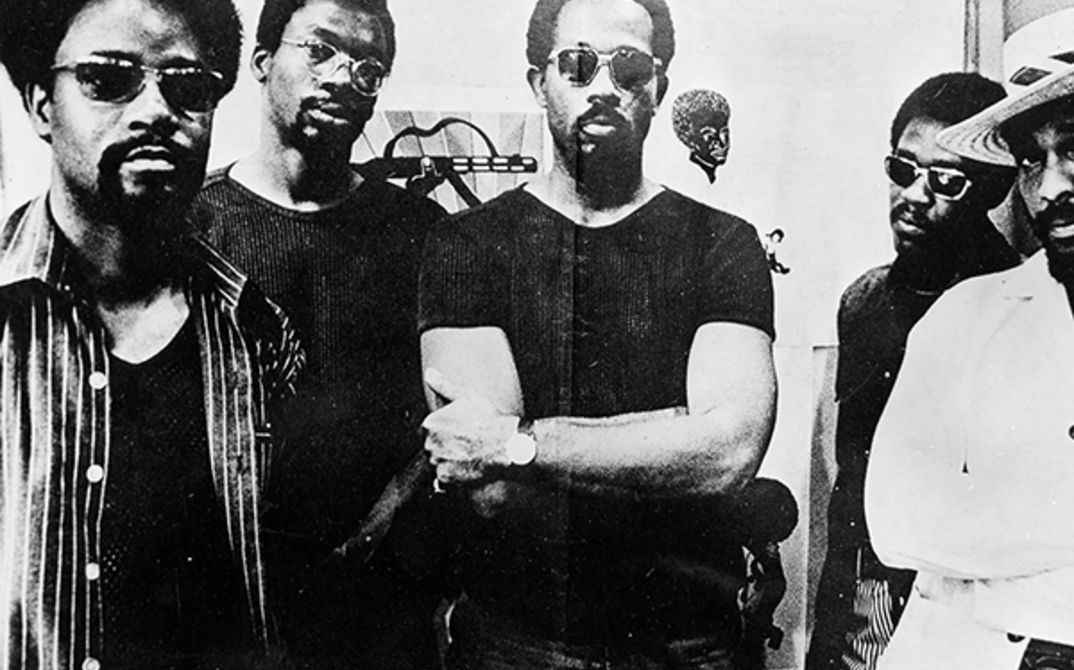35 mm, 75 min. English.
“Filmed and edited by William Klein … in collaboration with Eldridge Cleaver and Robert Scheer” read the red-lettered credits at the beginning of this portrait of Black Panther activist Eldridge Cleaver. In the late sixties, Cleaver left the United States for Cuba, then Algeria, in order to avoid prosecution. Eldridge Cleaver, Black Panther tells the story of his political activism in exile and becomes itself more incendiary by the minute. But it also stops from time to time to take stock, such as in the conversations between Cleaver and Scheer or in Cleaver’s encounters with representatives of Pan-African peace movements or South Vietnam. How does the American struggle fit into the struggle against worldwide imperialism and how does the Panther’s revolutionary language fit into Klein’s images? A film that creates affirmative images, but still asks how images produce images nonetheless. (ab)
William Klein was born in New York, USA in 1928. He first studied sociology and completed his military service. In 1948, Klein went to Paris and worked as a painter, photographer and filmmaker. His photography mainly focused on metropolises. Until 1965, Klein also worked as a fashion photographer, including for Vogue. Klein participated in film projects by Federico Fellini, Pier Paolo Pasolini and Louis Malle, and directed more than 20 of his own documentaries and feature films. His career as a filmmaker was marked early on by his political commitment to the African American population. Klein lives and works in Paris.
